How to choose the right solar energy and energy storage system for your business?
Mar 28, 2025
Driven by global energy price fluctuations and sustainable development goals, more and more companies are beginning to pay attention to the combination of photovoltaic power generation and energy storage systems. Whether it is to reduce electricity costs, optimize energy management, or ensure the stable operation of key businesses, commercial battery storage plays a key role in corporate energy management. At the same time, emergency solar battery storage provides critical power protection in the event of sudden power outages, while industrial solar solutions provide customized photovoltaic energy storage solutions for large factories and enterprises.
How to choose a solar energy and energy storage system that suits your business needs? This article will help business owners make smarter investment decisions from three aspects: commercial energy storage, emergency energy storage, and industrial solar solutions.
1. How does commercial energy storage optimize corporate energy costs?
Commercial energy storage systems are mainly used to reduce corporate electricity costs and improve energy efficiency. For most commercial users, electricity bills are not just a simple "how much electricity you use, how much you pay", but are also affected by peak and valley electricity prices and demand electricity charges.
Two core functions of commercial energy storage:
Peak shaving and valley filling: Commercial electricity prices are usually divided into peak and valley periods. Enterprises can use solar energy to charge during valley periods and use stored electricity during peak periods to reduce grid electricity consumption, thereby reducing electricity costs.
Reduce demand charges: Grid companies usually charge a certain fee based on the company's "maximum electricity demand" (demand). Commercial energy storage can provide part of the electricity during peak electricity consumption, reduce the company's peak electricity consumption, and thus reduce demand charges.
In addition, many countries and regions have introduced energy storage subsidy policies or tax incentives, further improving the return on investment of commercial energy storage systems.
2. How does emergency solar energy storage ensure that business is not interrupted?
In addition to daily cost optimization, companies also need to consider emergencies such as power outages, natural disasters, or grid instability. At this time, emergency solar energy storage is particularly important.
Key advantages of emergency energy storage:
Ensure the continuous operation of key equipment: For key business scenarios such as data centers, hospitals, and production workshops, power outages may cause data loss, equipment damage, or production stagnation. The emergency energy storage system can switch to battery power immediately after a power outage to ensure the normal operation of the equipment.
Reduce economic losses caused by power outages: Enterprise power outages mean production interruptions, order delays, and even equipment damage. After configuring emergency energy storage, losses can be minimized.
Combined with solar energy to achieve long-term self-sufficiency: Compared with traditional diesel generators, the combination of solar energy + energy storage is more environmentally friendly, lower cost, and does not rely on external fuel supply.
For enterprises, deploying emergency energy storage systems is not only to respond to emergencies, but also a necessary investment to enhance the resilience of enterprise operations.
3. How to customize the best energy storage solution for industrial solar energy solutions?
Large-scale industrial enterprises, such as manufacturing plants, logistics centers, and large commercial parks, have a much higher demand for electricity than general commercial users. These enterprises do not need ordinary energy storage equipment, but more targeted industrial solar energy solutions.
Features of industrial solar energy storage solutions:
Customized design: Each industrial enterprise has different energy needs, operating models, and site conditions, so a tailored energy storage solution is required. For example, energy-intensive manufacturing industries may require larger batteries, while logistics parks may be more concerned with the dispatching capabilities of energy storage systems.
Intelligent management: Modern industrial energy storage systems are usually equipped with intelligent energy management systems (EMS), which can monitor power loads in real time, automatically dispatch energy storage power, and seamlessly integrate with photovoltaic power generation systems.
Multiple grid-connected modes: Industrial energy storage can choose grid-connected mode (reducing grid dependence) or off-grid mode (completely self-sufficient), and can even be combined with microgrid systems to achieve more flexible energy management.
For large industrial enterprises, investing in solar energy + energy storage systems is not only a way to reduce electricity costs, but also a key measure to improve energy independence, reduce carbon emissions, and enhance the competitiveness of corporate sustainable development.
4. How to choose a solar energy storage system suitable for the enterprise?
Faced with many different solar energy storage solutions, enterprises should consider the following key factors when choosing:
The electricity demand of the enterprise: Is it mainly used for peak shaving, reducing electricity bills, or for emergency power supply? Different needs correspond to different energy storage solutions.
Investment budget and payback period: The cost of energy storage systems is high, but the return on investment can be improved through electricity bill savings, policy subsidies, etc.
Equipment compatibility: Ensure that the energy storage system can be seamlessly connected with the existing photovoltaic system and grid management system.
Supplier reliability: Choose an experienced energy storage supplier to ensure the quality, stability and subsequent maintenance support of the equipment.
Whether commercial users want to optimize the electricity fee structure or industrial enterprises seek large-scale energy management solutions, commercial battery storage, emergency solar battery storage and industrial solar solutions can provide effective solutions. With the advancement of energy storage technology and the increase in policy support, more and more companies are incorporating energy storage systems into their energy strategies to lay the foundation for future sustainable development.
If your company is considering deploying a solar energy storage system, it is recommended to work with a professional energy storage supplier to evaluate the best system configuration to ensure energy efficiency and maximize return on investment.
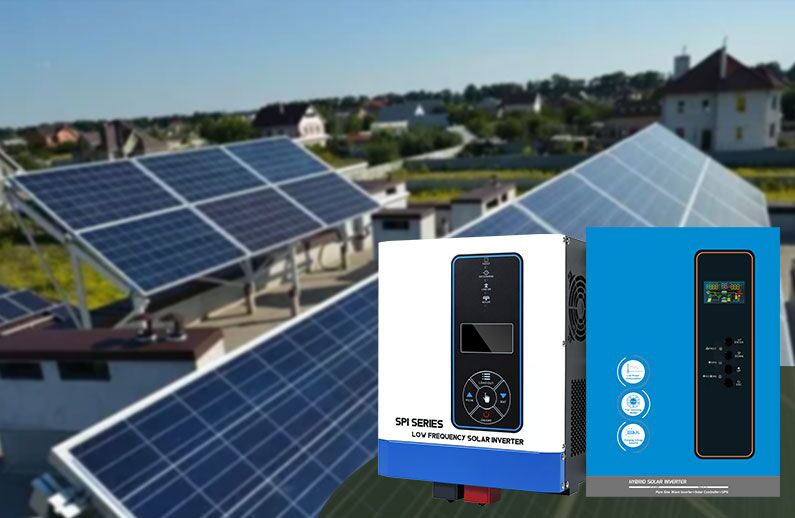
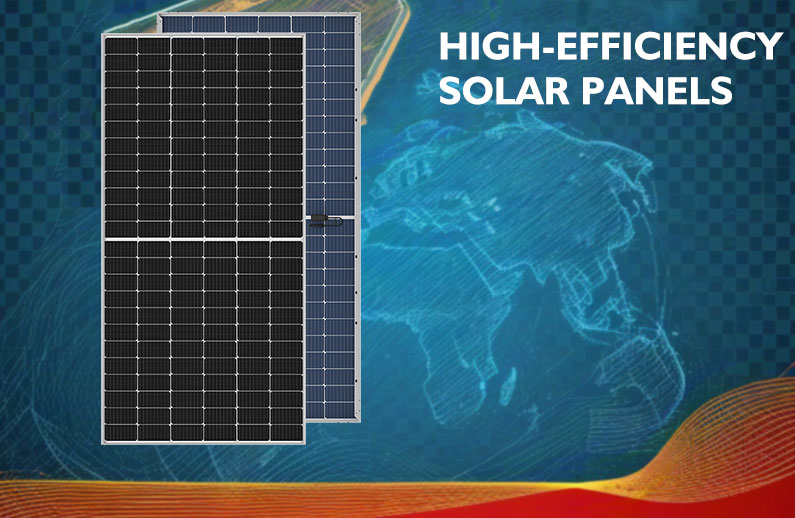
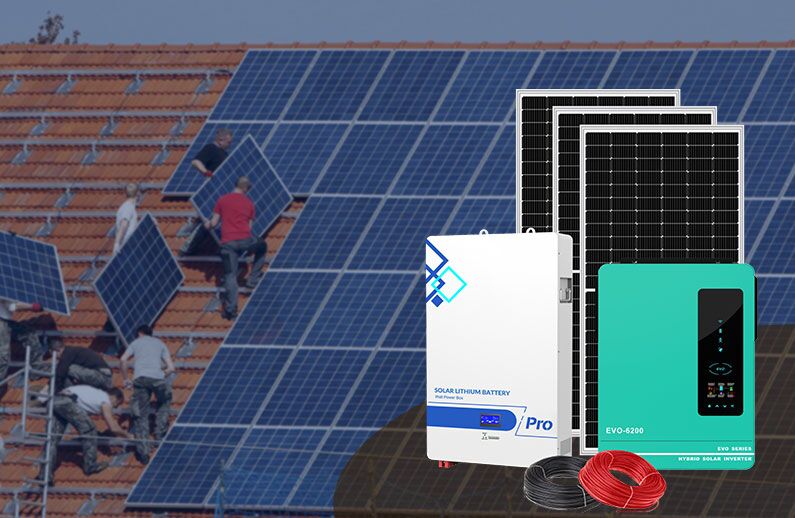
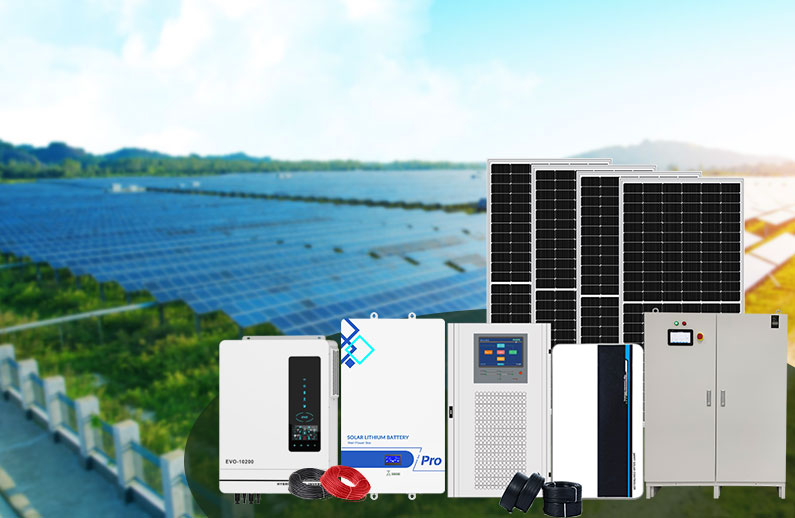
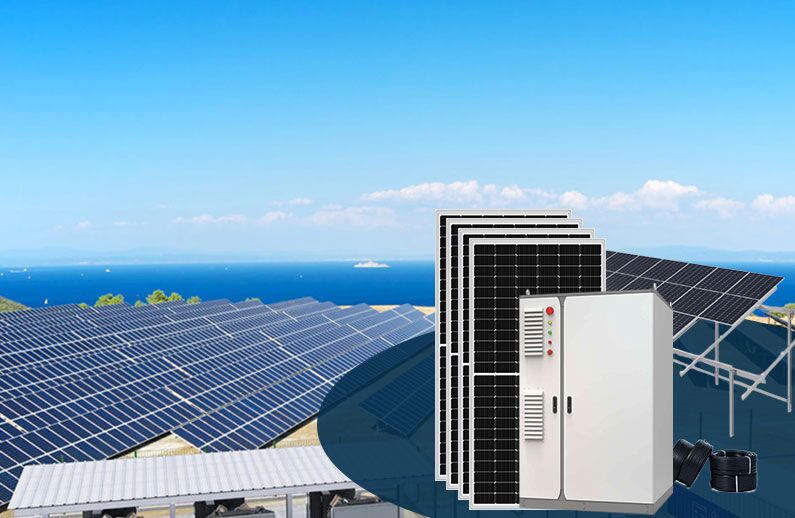
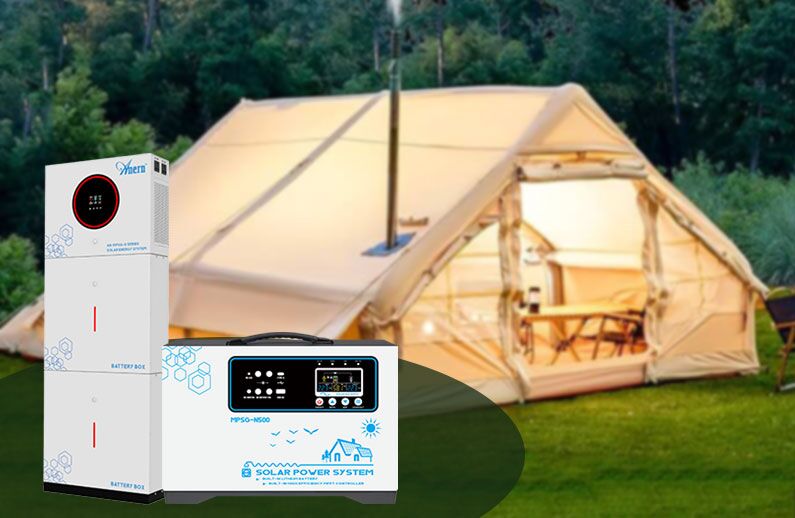
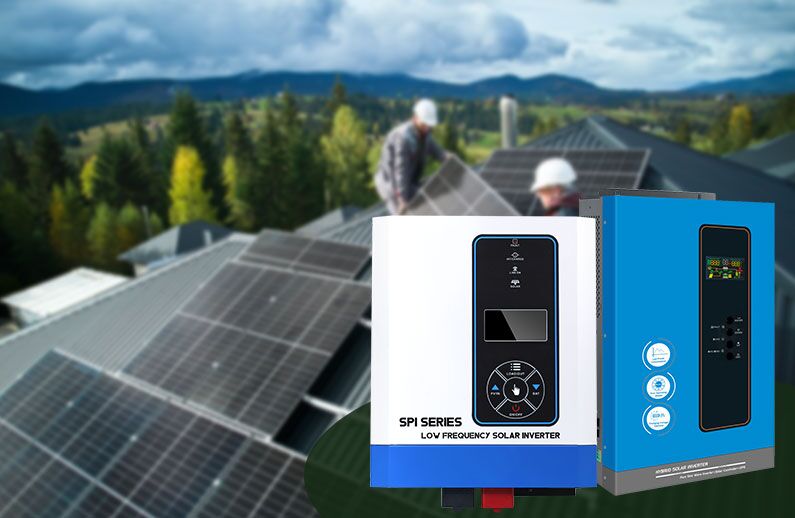

 Network Supported
Network Supported